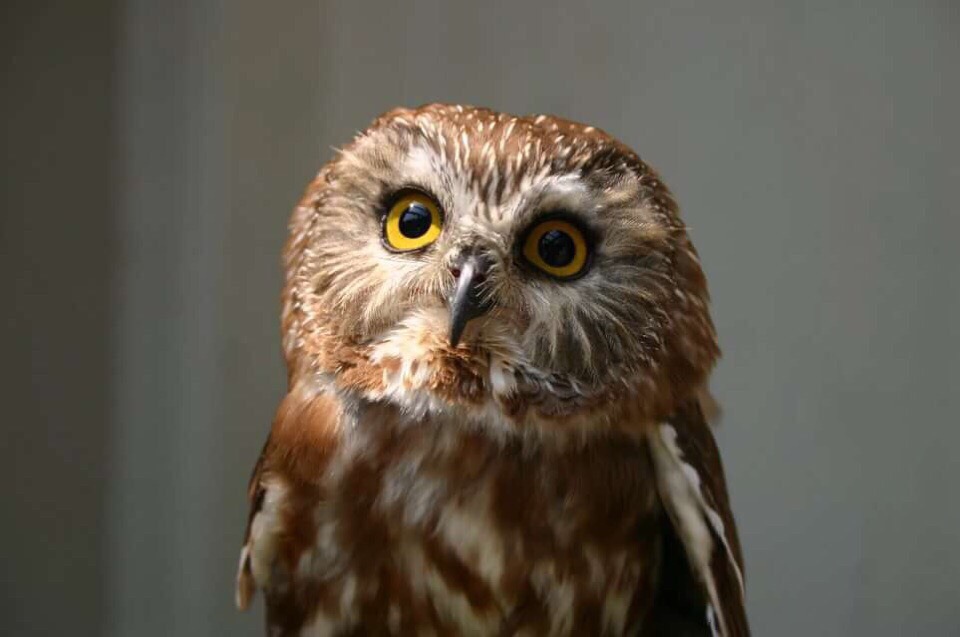Сова. The Owl by Edward Thomas
И зябко мне, хотя ещё остались внутренние силы, что дают
Защиту мне от северных ветров; устал я так, что самым
Для меня сейчас желанным стал бы отдых и приют.
И вот набрёл на кров, а в нём есть пища, сон, огонь,
Но помнил я про голод свой, озноб, бессилие.
И ничего всю ночь не слышал я, окроме
Крика, самого печального совинного крика.
Эхом разнёсся он по бескрайним холмам,
Но ни радости не нёс он, ни веселья,
Лишь одно: ясно меня он извещал,
Чего в ту ночь я избежал, а прочие же не сумели.
Солёна была пища моя да и сон,
И внимал я, проникшись, голосу птицы,
Что вещал всему свету под небосводом
О солдата и нищих, что не могут веселиться.
2012
__________________________________
The Owl
by Edward Thomas (1878-1917)
Downhill I came, hungry, and yet not starved;
Cold, yet had heat within me that was proof
Against the North wind; tired, yet so that rest
Had seemed the sweetest thing under a roof.
Then at the inn I had food, fire, and rest,
Knowing how hungry, cold, and tired was I.
All of the night was quite barred out except
An owl’s cry, a most melancholy cry
Shaken out long and clear upon the hill,
No merry note, nor cause of merriment,
But one telling me plain what I escaped
And others could not, that night, as in I went.
And salted was my food, and my repose,
Salted and sobered, too, by the bird’s voice
Speaking for all who lay under the stars,
Soldiers and poor, unable to rejoice.
February 1915
________________
The subject is not the bird, but the bird focuses the subject. Thomas isn’t concerned with revising anthropomorphic traditions relating to the owl. The cry is registered as mournful and ominous. The realism is moderated. It’s expressed in a surprising and brilliant evocation of the bird’s call.
The Shakespearean response to “Tu whoo; / Tu wit, tu whoo” as “a merry note” is challenged in the third stanza: “No merry note, nor cause of merriment.” The “most melancholy cry” is taken across the stanza-break, and “[s]haken out long and clear” over the poem’s soundscape. We hear the tremulous, “vibrato” quality of the sound, and know its ancient power to make men and field mice shiver. Perhaps, too, “shaken out … upon the hill” could be associated with a symbolic ripple of the flags and banners of war. The underlying significance of the poem, written in February 1915, is only hinted at the end, and by a single word, “soldiers”.
The first two stanzas are concerned with nuances of sensation that are also moral nuances. The narrator knows what it is to be cold, tired and hungry, but, as he tramps downhill, anticipating the relief of these discomforts, he admits they are only discomforts. The very briskness and bounce in the poem’s rhythmic step (iambic pentameter, with frequent dactyls) echoes the facts of health, hope and recovery. The second stanza finds the narrator safe in the inn, the night “barred out”. Only the owl’s cry penetrates the sanctuary, reminding him of those unable to find any escape from homelessness and hunger.
The many repetitions in the poem suggest, perhaps, such an encircling obsession. But the narrative is less specific. Thomas describes his food and rest as “salted and sobered” because the owl is “[s]peaking for all who lay under the stars, / Soldiers and poor, unable to rejoice”. The reference to (the) poor opens the poem out beyond its occasion, and beyond the first world war – in which Thomas was to die. The autobiographical voice initially underlines its honesty. But The Owl becomes something more by its final resistance to autobiography, by a kind of unselfishness, in fact. And so this short lyric reaches beyond limits of time, place and personality. It continues to summon a world we know, one in which too many people are at war, and far too many are destitute.
The Gardian
2021/feb/01/poem-of-the-week-the-owl-by-edward-thomas
________________
Фото из интернета
Свидетельство о публикации №121032508818

